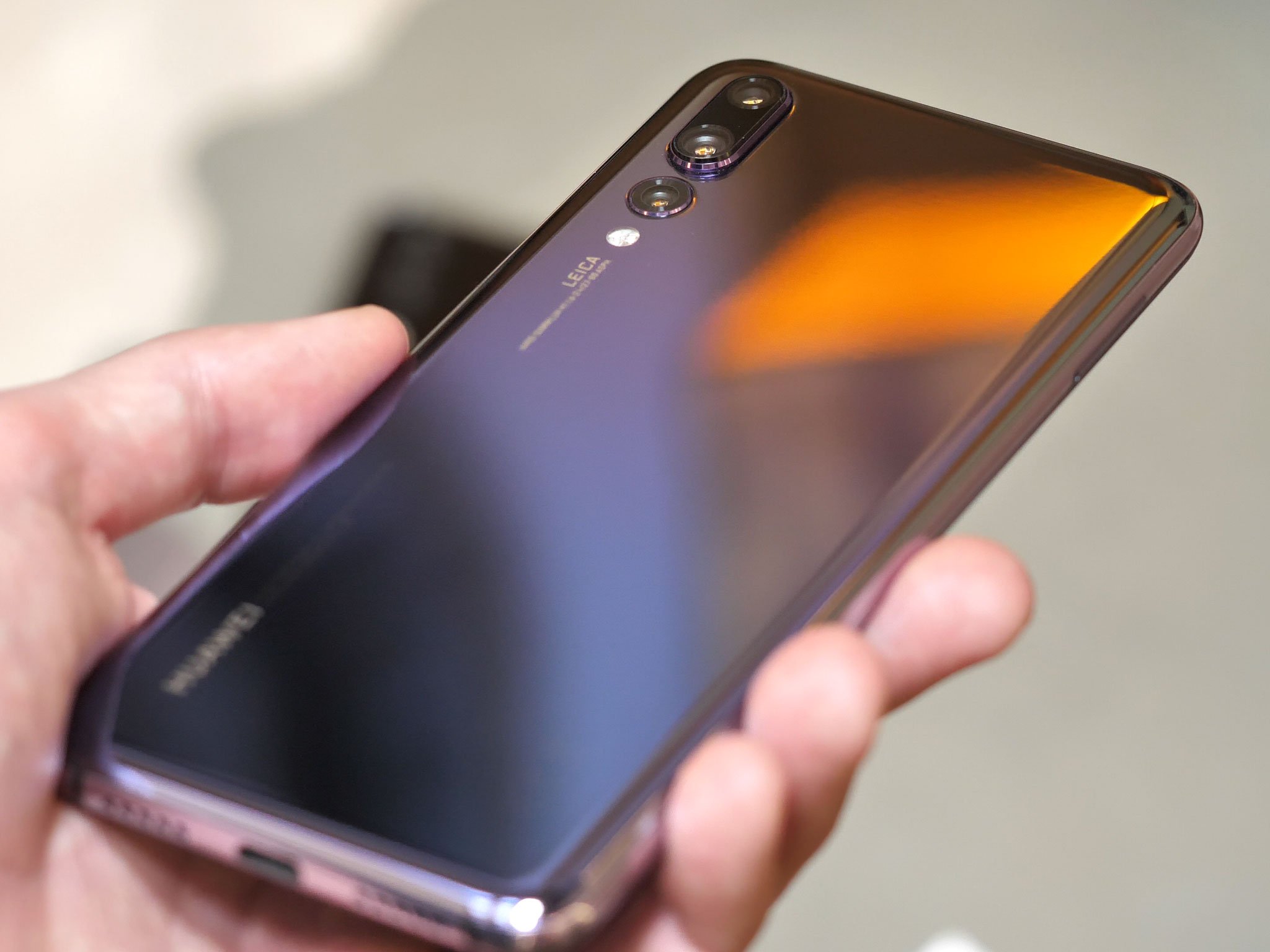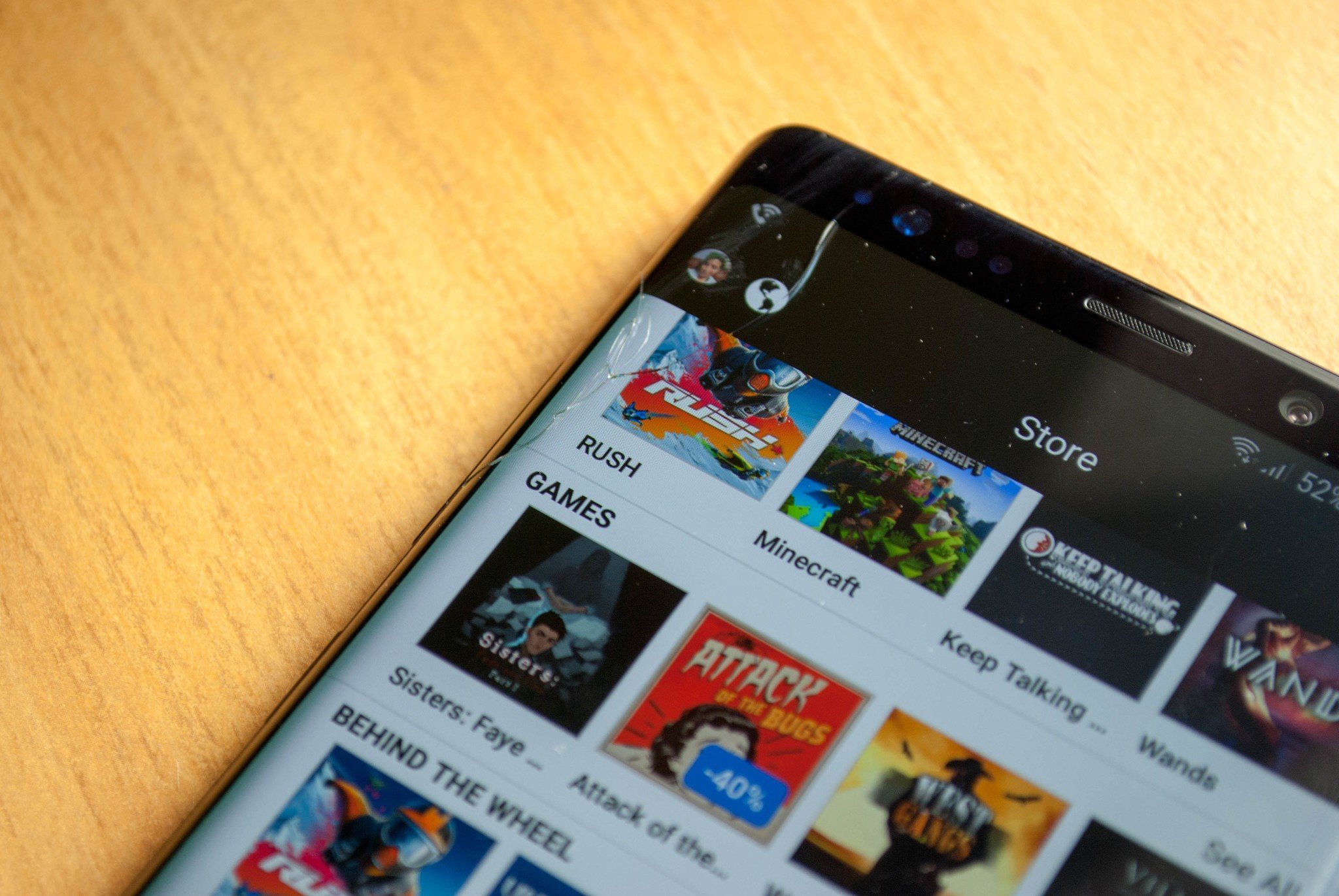Without some kind of added benefit like wireless charging, what reason is there to use a fragile material like glass?
I don't always have the most popular opinions on smartphone design; I've been arguing in favor of the display notch for some time now, and I firmly believe that every phone should have a quick switch for audio profiles like the OnePlus 5T and iPhone X. But one thing that everybody can seem to agree on is that glass backings just don't seem like a good idea — at least, not without some kind of added benefit.
In most cases, that benefit is wireless charging. While it may not be quite as fast as traditional charging through a cable, wireless charging is a convenient way to top up your battery without wearing down your phone's USB port — and if your phone's gotten wet recently, it's likely your only option until the port has time to dry. I still love the fit and finish of an aluminum phone, but wireless charging can't work through a metal chassis (or at least not as easily), so manufacturers are left to choose between other materials like plastic and glass.
So why not use plastic instead? It's much less fragile than glass, after all, and it's cheaper as an added bonus. There's a long list of reasons manufacturers aren't using plastic in their flagships anymore, but the most applicable here is that glass just looks and feels better in a store. As superficial as it may be, when customers walk into a carrier store to buy a new phone, they're going to notice the shiniest, prettiest phone first — and when they pick it up and feel the solid build quality, it'll be all the more enticing.
Love it or hate it, glass back phones are here to stay. As a big fan of wireless charging, I'm not too upset about it, but despite the claims of "shatter-resistant" Gorilla Glass panels, the phone repair business has been booming lately. Everywhere you turn, there's a phone in someone's hand with a cracked corner or a totally shattered backing that could practically be considered a weapon. Wireless charging is great, but let's face it — this is a bad tradeoff, made even worse when your all-glass phone still doesn't support wireless charging.
They don't make 'em like they used to.
But what are the alternatives? It's easy enough to slap a case onto your phone for some added protection, and wireless charging still works just fine through all but the thickest of cases, but that shouldn't have to be the only option. While glass isn't going away any time soon, that doesn't mean manufacturers can't at least dabble in other materials. What if we revisited the polycarbonate backings we used to see on phones like the HTC One X and the Nokia Lumia 920? The latter was one of the first phones to support wireless charging, and it felt great in the hand. I'd love to see a modern take on that same design.
When an all-glass phone doesn't support wireless charging, it just feels like an accident waiting to happen with no real justification. Sure, it looks better in a shop, but most everyone knows that, one way or another, glass breaks. It's a liability, and especially on a device costing anywhere from a few hundred up to a thousand dollars, the fewer liabilities the better.
Do you use wireless charging every day like I do? Is it justification enough for a glass backing? And do you like all-glass phones, or would you prefer a more durable material like polycarbonate or metal, regardless of wireless charging capabilities? Let us know in the comments below!



Post a Comment